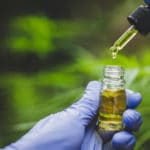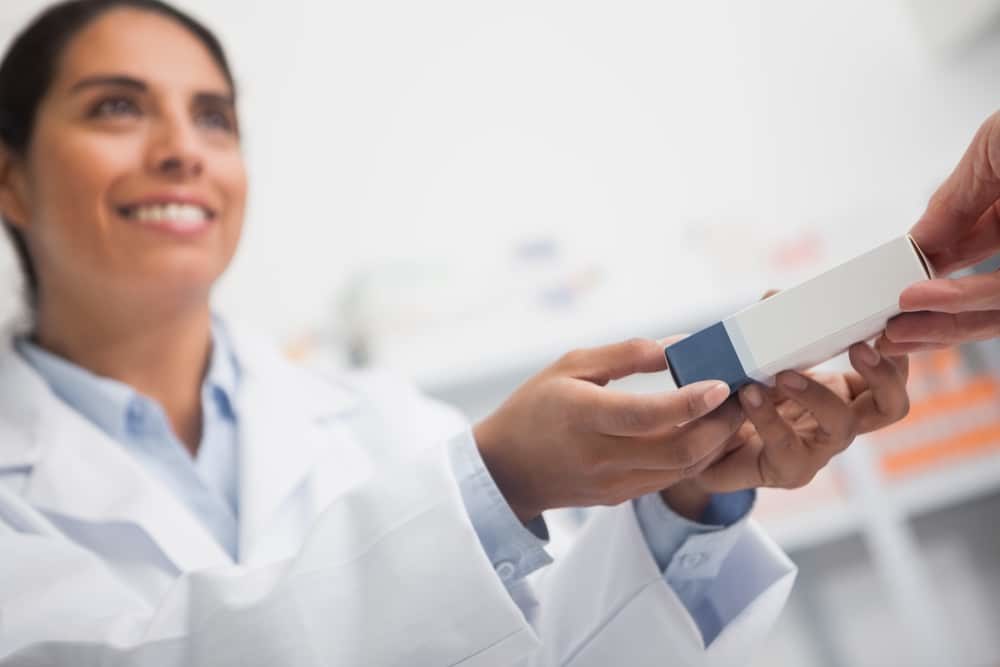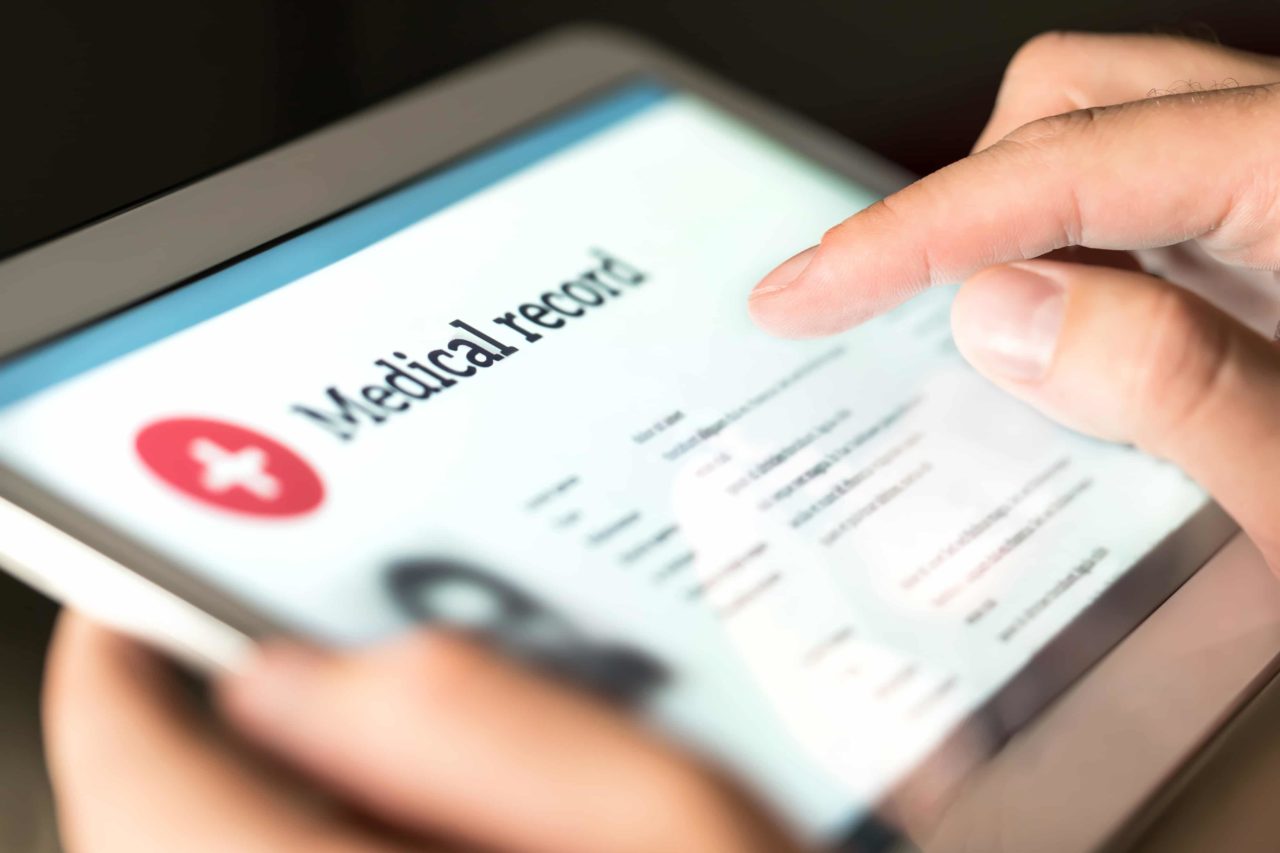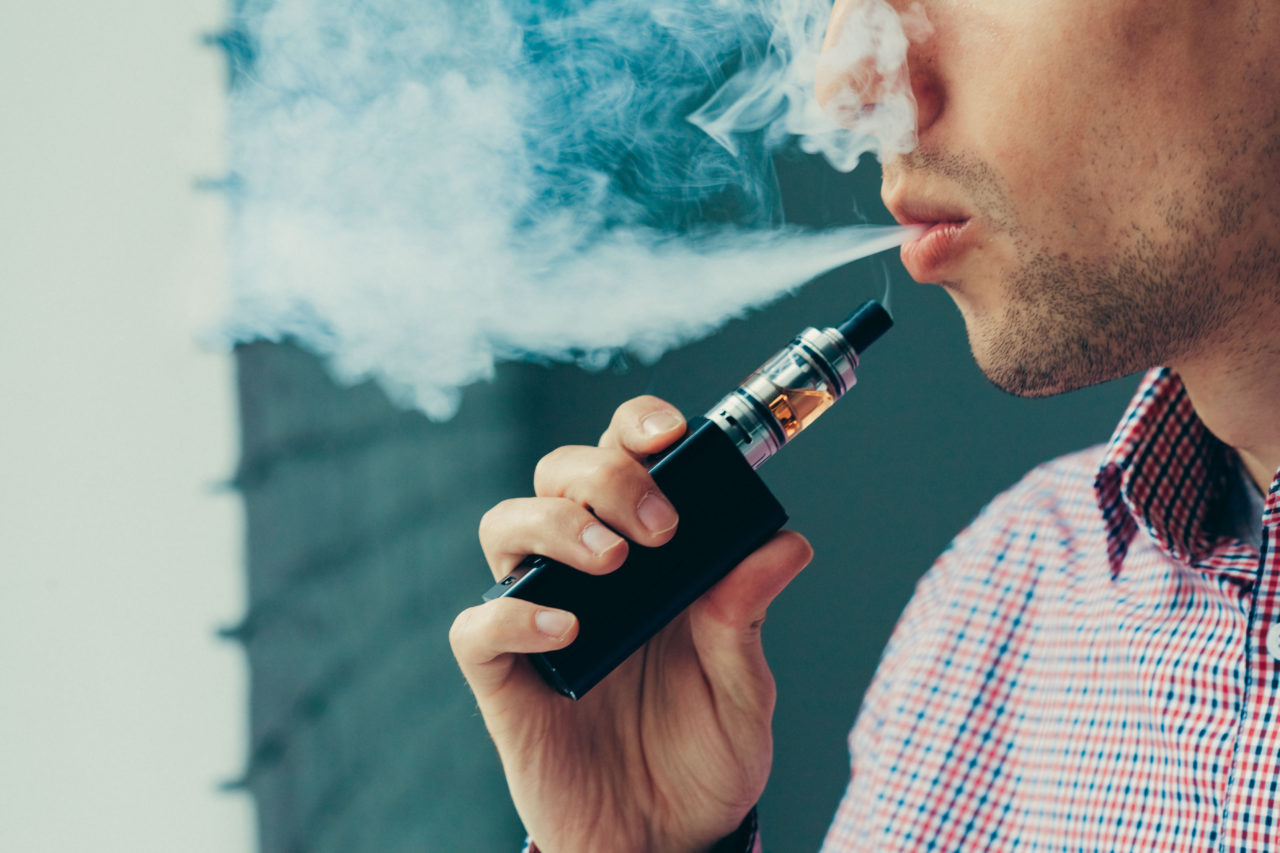State officials were unprepared for the number of people who would eventually apply for medical cannabis cards when our program first launched more than a year ago. There are now more patients than lawmakers ever anticipated. However, not all patients get their products from licensed cannabis pharmacies.
To date, there are fourteen pharmacies in Utah. It is a given that many state residents in rural areas find driving into a major city to visit a pharmacy inconvenient. Thankfully, lawmakers have given the okay for home delivery. In fact, we are now offering delivery from our Salt Lake City and Brigham City locations.
We also know that some patients still cross state lines to get their medical cannabis products. Still, others purchase CBD products from CBD shops, convenience stores, smoke shops, etc. We think both alternative strategies are unwise. It is best to get your medical cannabis products from a licensed pharmacy.
Buying Out-Of-State Isn’t Allowed
When lawmakers first crafted the regulations in Utah, they were fully aware of patients unable to access medical cannabis pharmacies within a reasonable distance. They initially allowed patients to buy their medicines from out-of-state. However, that was a temporary solution. As of summer 2021, the practice is no longer allowed.
Transporting any product containing more than 0.3% THC across state lines has always been illegal at the federal level. It is no longer legal in Utah, either. As convenient as crossing state lines is, we recommend patients look for a Utah medical cannabis pharmacy that offers home delivery.
Purchasing CBD Products
A bigger concern is patients purchasing CBD products from unlicensed enterprises. As previously mentioned, it’s entirely profitable to buy CBD vape cartridges, tinctures, and oils that include Delta-8 and Delta-9 THC. The problem is that CBD manufacturers do not necessarily reveal how much THC is in their products since they have few labeling requirements. Many studies have demonstrated the fact that most CBD products do not contain what the label claims. The testing requirements are not as strict as those you would find in a Utah medical cannabis pharmacy.
Delta-8 THC is an isomer of Delta-9, which is the particular type of THC that is still illegal under federal law. Delta-8 THC, according to Utah, should be treated like Delta-9 THC but we notice many CBD suppliers are not adhering to this state law. It is classified as an isomer because it has the same molecular makeup. It is different only because its molecules are arranged in a different manner compared to Delta-9. CBD manufacturers can infuse their products with Delta-8 and still be in compliance with federal law. They can also infuse their products with either Delta-8 or Delta-9 THC as long as it’s under 0.3% of the final weight of the product.
Knowing What You’re Getting
From our perspective, this all boils down to knowing exactly what you are getting as a medical cannabis patient. You have gone to the trouble of seeing your QMP to get your medical cannabis card. You work with your PMP to determine the delivery method and dosing. All that goes out the window if you go outside the pharmacy setting to buy your medicines.
Your QMP and PMP are the healthcare experts. They are the ones most qualified to recommend the medicines you use, how often you use them, and how you consume them. You don’t get the same type of qualified advice when you purchase THC medicines from an unlicensed source or CBD products from smoke shops or convenience stores.
The other thing to think about is state law and how lawmakers review it. All of us in the medical cannabis community want lawmakers to craft rules that are efficient, easy to comply with, and make the most sense for patients. But if patients go outside the law to obtain and use their medicines, they give lawmakers every reason to be more restrictive.
As a medical cannabis pharmacy, we urge patients to obtain their medicines only from licensed Utah pharmacies. That is the safest and best way to go.



